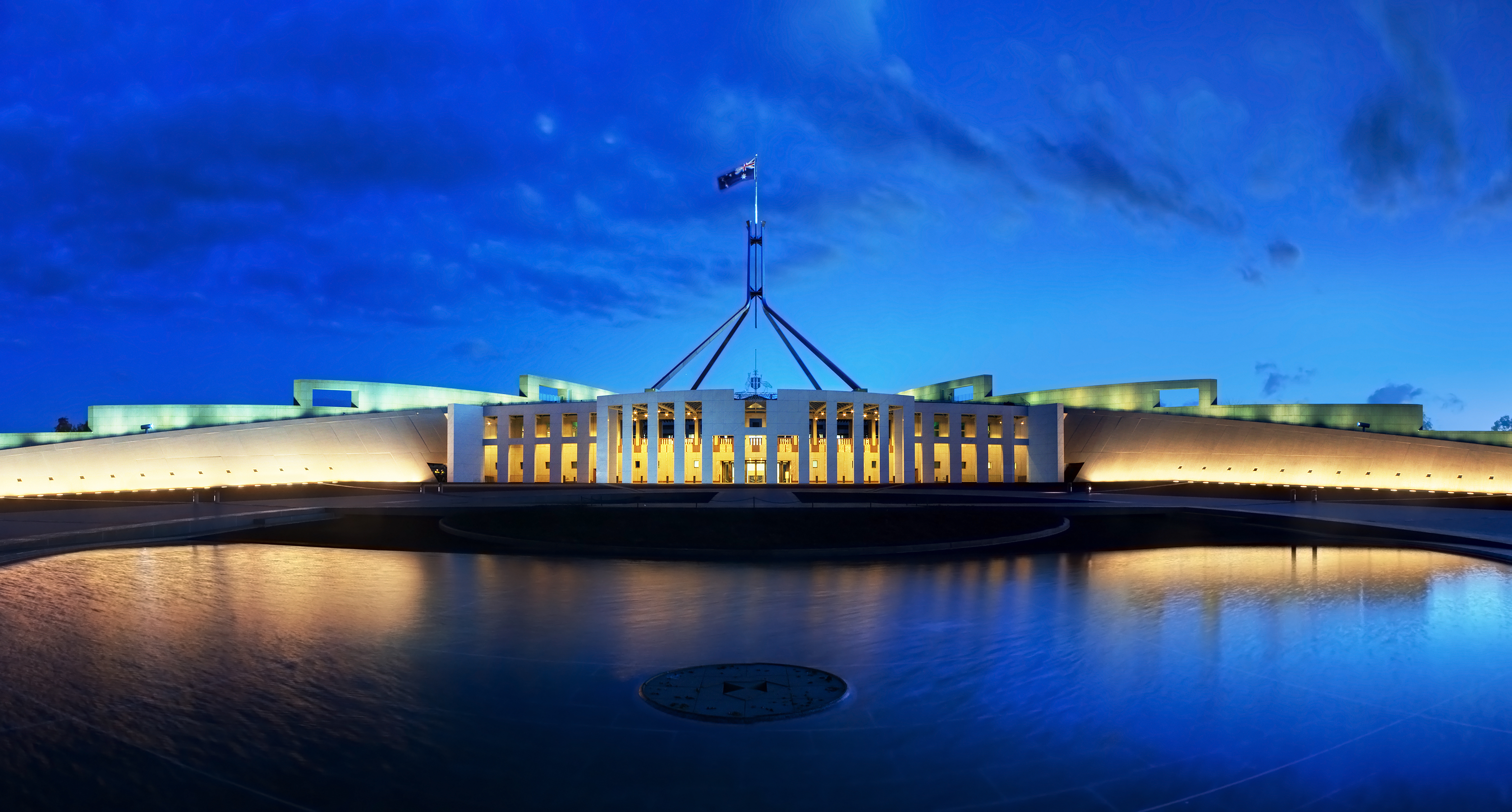Corruption and Australia’s Parliament

The Westminster system of government was founded on the assumption that parliamentarians would operate ethically; but today’s politicians are falling far short of this ideal, says Tony Fitzgerald QC
Published 19 July 2017
Democracy in Australia in drowning in distrust, and the system of parliamentary sovereignty evolved over centuries has effectively become a sham. So argues one of Australia’s most distinguished judicial officials, former Queensland Royal Commissioner and retired Supreme Court Judge Tony Fitzgerald QC.
Decades of domination by the executive arm of government over a notionally supreme parliament has led to a major disconnect between the values of most Australians and the interests of the major parties.
A set of institutional reforms including a national anti-corruption watchdog are urgently required.
The need for these reforms is discussed in detail in this exclusive interview between Tony Fitzgerald QC and the host of The Policy Shop, University of Melbourne Vice-Chancellor Professor Glyn Davis.
Episode recorded: 6 July 2017 The Policy Shop producers: Paul Gray and Eoin Hahessy Audio engineer: Gavin Nebauer
Banner image: Wikimedia Commons
Subscribe to The Policy Shop through iTunes.

